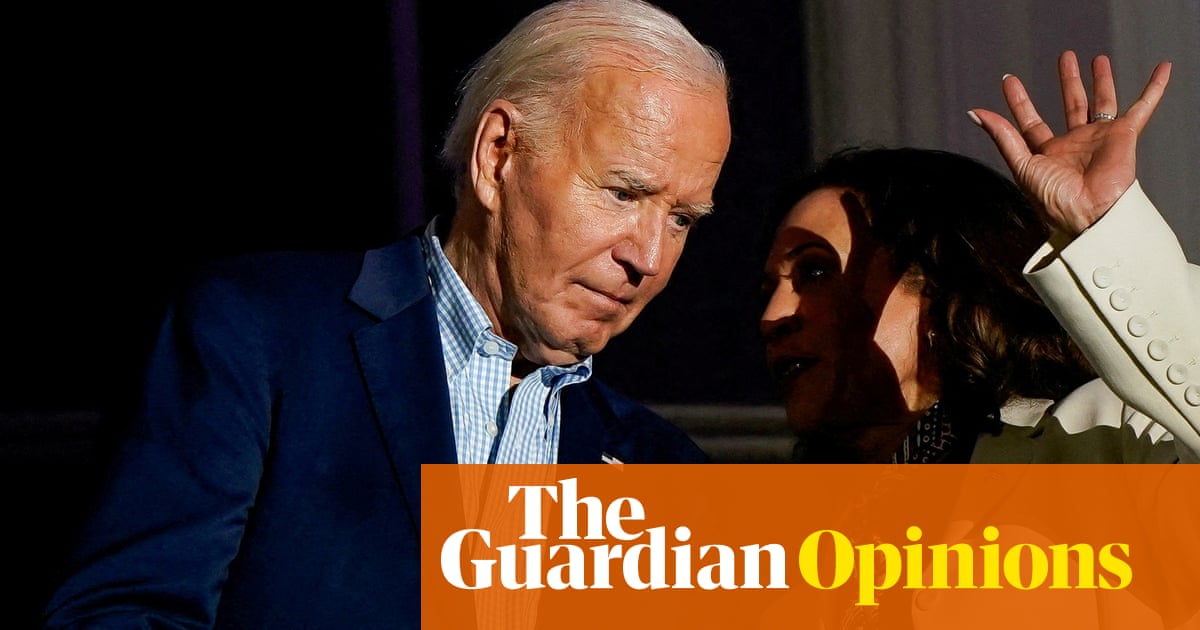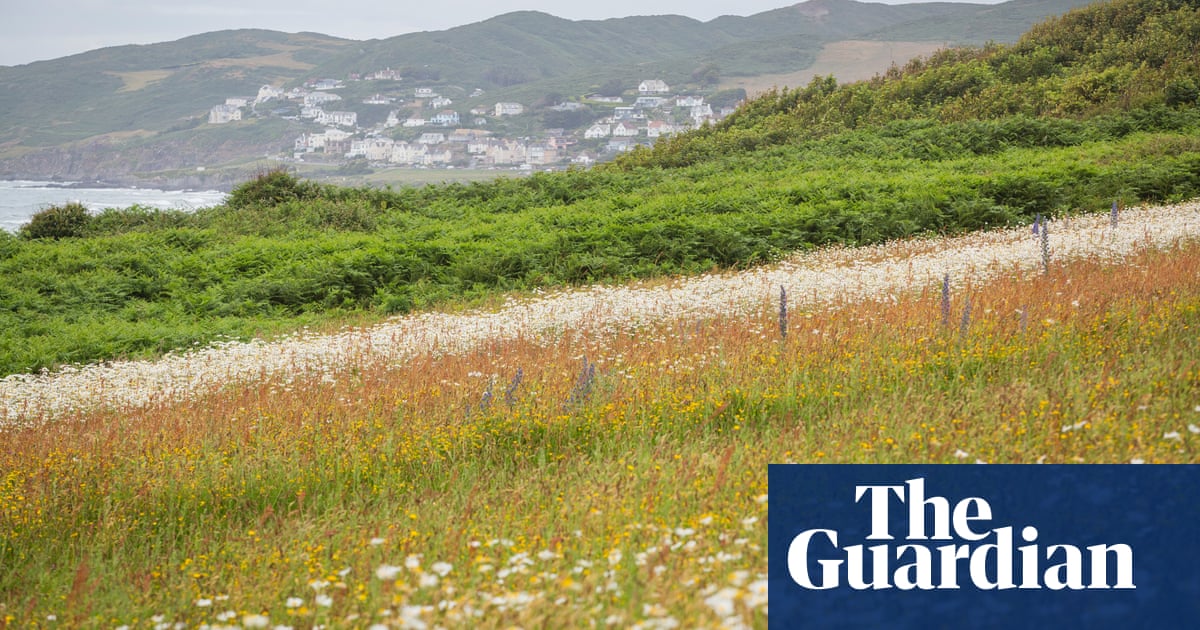Singapore has taken the leap and approved 16 species of insect as safe for human consumption.
Creatures to make the grade in the view of the Singapore Food Agency (SFA) include crickets, grubs, moth larvae and one species of honeybee. The agency says it has taken this decision simply because the insect industry is ânascent and insects are a new food item hereâ.
It comes as the United Nations Food And Agricultural Organisation (FAO) continues to promote insect consumption as an environmentally friendly way to get protein in your diet â for both humans and their livestock.
As Singapore paves the way for plates to become wrigglier, leggier and more sustainable, here are all your questions, answered.
What are the species designated for human consumption?
Singapore has approved 16 insect species, in various stages of growth. In the adult stage are four crickets, two grasshoppers, a locust and a honeybee. In the larval stage are three kinds of mealworm, a white grub and a giant rhino beetle grub, as well as two species of moth. Silkworm moths and silkworms (different stages of the same species) can both be eaten, according to the guidelines.
âItâs really amazing to see that they have such a big list of species now that are approved for human consumption,â says Skye Blackburn, an Australian entomologist and food scientist who advocates for insect consumption and sells insect-based products. âItâs really showing that Singapore is a little bit more open than we thought they were going to be to edible insectsâ.
Sushi with silkworm garnish, anyone?
A Singaporean restaurant chain called House of Seafood is already gearing up to serve 30 insect-based dishes, the Straits Times reports, including sushi garnished with silkworms and crickets, salted egg crab with superworms, and âMinty Meatball Mayhemâ: meatballs topped with worms.
Among the insect products that Singaporean authorities have said can be imported are: insect oil, uncooked pasta with insects as an added ingredient, chocolate and other confectionary containing no more than 20% insect, salted, brined, smoked and dried bee lava, marinated beetle grub, and silkworm pupa.
Blackburn says one of the things that is encouraging about Singaporeâs list is that it includes species that arenât commercially farmed yet for consumption, including the European honeybee and the Giant Rhino Beetle grub.

Where else do people eat insects?
Insects are eaten in 128 countries, according to a study published this year in the journal Scientific Reports, which found 2,205 species are eaten worldwide. Most of these species are in Asian countries, followed by Mexico, and African countries.
In Thailand, India, the Democratic Republic of Congo and China hundreds of species of insect are consumed, with Brazil, Japan and Cameroon each eating 100 or more species.
Singaporean chefs will be able to import many creative insect recipes from around the world, where they are served deep fried, on sticks, in noodles, in margaritas, in arancini, tinned, or confit. Insect products are sold round the world in restaurants, markets, supermarkets and from vending machines.
The EU is in the process of approving more insects as what it calls a ânovel food sourceâ, but to date it has approved only four. Australiahas only approved three species â a cricket and two kinds of mealworm â so far as ânon-novel, non-traditionalâ food sources.

Itâs OK to eat bees?
Arenât bees endangered and desperately needed to maintain Earthâs basic life systems? Blackburn says almost all bees consumed are drones, or male bees â which donât have stings â and theyâre usually removed from hives to tackle pest infestation.
âThey remove the drone bees from the hives because thatâs where the varroa mites live,â says Blackburn. âSo thatâs why the drone bees are actually used as a source of food, because it is a byproduct of the hive.â
In some African and Asian countries female bees are eaten, too, she says: but the venom breaks down, or âdenaturesâ, when you cook them. Theyâre eaten ground or stir fried.
Blackburn has eaten drones, and says they taste like âsweet butterâ.
âIt was very nice, not quite like honeycomb, but [it had] like a really mild, sweet kind of flavour.â
In Cambodia bee pupa are cooked in honeycomb as a popular street snack, like particularly rich waffles, or tiny choux pastry puffs.

Why does the UN want us to eat insects?
Because it is crunch time, climate-wise and insects are a much more sustainable source of protein than livestock.
They have a high âconversion rateâ, which means they are efficient at turning plant energy into protein, or in other words, turning what they eat into their own bodies. âCrickets need six times less feed than cattle, four times less than sheep, and twice less than pigs and broiler chickens to produce the same amount of protein,â according to the FAO.
They can also be farmed indoors, use less space and water, and produce lower emissions. Because they can be farmed in rural and urban areas in relatively small rooms, they can also be a source of income for people who have less access to land or the training needed to farm livestock.
Could we already be eating insects without knowing it?
The SFA says companies must make it clear on packaging if their product contains insects, âto indicate the true nature of the productâ.
But some of the products on their way to shelves look pretty inconspicuous: a Singaporean company called Altimate Nutrition is hoping to sell protein bars whose orange and yellow packaging looks like any other protein bar product, but with crickets: âIndulge in the classic nutty and gourmet flavour with a guilt-free twist!â, the website says. Protein-rich pasta could be made using flour made from ground insects, as could biscuits or powder for protein shakes.
But if youâve eaten food dyed red, you may have eaten carmine, a red dye made from the shells of shellac beetles. It is âadded to everything from yoghurts and ice-creams, to fruit pies, soft drinks, cupcakes and doughnuts,â according to the BBC.
Elsewehere, some shiny shells on sweets are made from a resin excreted by the lac bug and then, of course, there is honey and bee pollen.
And if you eat animals, they may have eaten insect protein. The FAO recommends using insects â including larvae of soldier fly, housefly, mealworm, silkworm and grasshoppers â as a complementary food source for livestock, poultry and fish. The black soldier fly can reduce pollution from manure by up to 70%.
What is the best way to convince people to eat insects?
Let them ask questions, says Blackburn, and teach kids about eating insects. One of her most popular products is corn chips made with crickets, she says â theyâre now sold in 1,000 Australian school canteens as a healthy snack.
âItâs exciting as well,â she says. âWhat kids wouldnât want to eat a cricket chip?â













